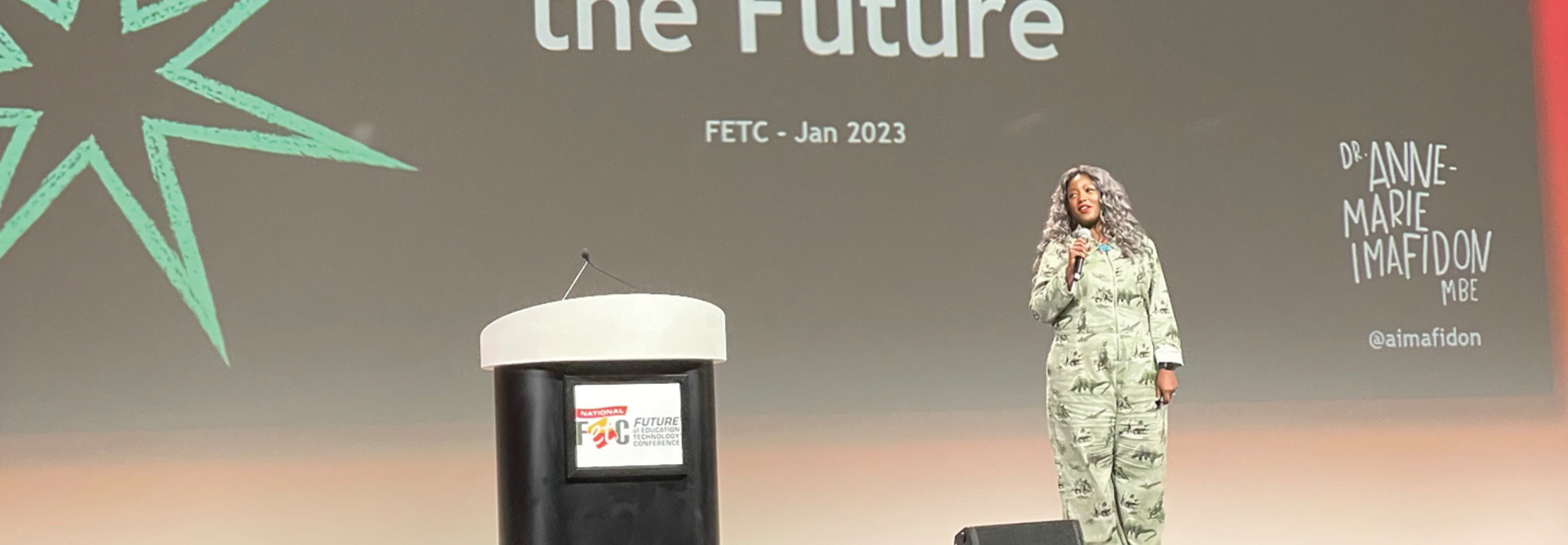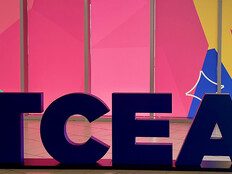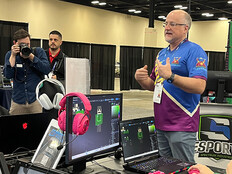Artificial Intelligence Grows, with Glaring Omissions
Today’s artificial intelligence (AI) and machine learning (ML) technologies are impressive, and can help do many jobs.
Imafidon cited examples of machine learning that discovered an antibiotic, an artificial intelligence program that sorts through legal documents and a website that helps people in the UK deal with parking tickets. She also played part of an orchestral score composed by artificial intelligence, adding that many of today’s games and movies use algorithmically composed scores.
Unfortunately, like many technologies, AI and ML aren’t always built with inclusivity in mind. Imafidon showed an artificial intelligence program designed to sort images into categories based on their subject matter. The program correctly identified bikes, skyscrapers and graduation ceremonies, but it identified Black people as gorillas.
DISCOVER: Can school administrators ensure the ethical use of artificial intelligence in education?
Imafidon said that, while voice recognition technology has improved, it still sometimes has trouble interpreting commands when people have strong accents. She showed a popular video of two Scottish men in an elevator as an example.
Emphasize Inclusivity in Teaching and Learning
It’s imperative for everyone, especially educators, to remember that people are the ones creating technology. “How many problems do we create by not being inclusive when we build technology?” Imafidon said.
“How many times are we going to make this same mistake as we consider our technology, as we roll out our technology and as we build our technology, of forgetting there are different types of human beings?”
She also said that forgetfulness isn’t the only concern. Using the example of a period-tracking app automatically set to track ten-day cycles, she wondered aloud whether any menstruating people at all were present for any phase of development, or whether their voices were heard.
READ THE INTERVIEW: A former district CTO pushes for equity in learning.
To prepare students for jobs of the future means considering the ways they will interact with and create future technologies. It also means ensuring that they understand how we arrived at where we are today.
“As we cultivate the leaders of the future, we must make sure we’re doing this in an environment where they fully understand the leaders of the past,” Imafidon said.
Too often, students are taught about the accomplishments of dead white men. But these aren’t the only leaders of the past, she said. She encouraged conferencegoers to reflect on the accomplishments of women, people of color and inventors from this century.
Additionally, she reminded listeners to encourage students’ curiosity in all subject areas. For a project on data curation and analysis, members of Imafidon’s Stemettes program chose topics such as Build-a-Bear, One Direction and the Chelsea Football Club.
“You’re much more likely to win a Nobel Prize in the sciences if you’ve engaged with the arts as part of your upbringing,” Imafidon said.
To ensure you don’t miss a moment of FETC event coverage, keep this page bookmarked and follow @EdTech_K12 on Twitter for behind-the-scenes looks.











